By Aileen Pulchny (UC Santa Barbara)
A year of language mishaps and awkward moments can lead to unexpected rewards – and the occasional bonus tequila shot.
The first morning of studying abroad, I woke drenched in sweat. Was I sick—did I catch something on the plane? Did I eat something bad for me at that café yesterday?
Nope, it was simply the fact that it was a hefty 98 degrees in my room, or was it 35 degrees? My struggle to comprehend the temperature in Celsius was just one of the conundrums that plagued my first morning in Madrid.
In my overheated state, I remembered a stress dream that my new apartment was on fire. I wasn’t soothed much when I checked the apartment for smoke detectors and learned there were none in the flat. Apparently, there are almost none in the entire country of Spain (I later learned).
Spanish? I’ve got this … right?
On that first Sunday morning, I headed outside to find breakfast only to find the streets empty, and everything was closed up at 8:30 am. I realized I was only beginning to learn the language of Spain.
I don’t mean the spoken language, as that was already in the bag. Or so I thought.
Spanish was never something I thought would be an obstacle when I’d traced my finger across the Apple Maps globe, figuring out where I wanted to do my year abroad. Obviously, Japan was a “no,” as was Germany. I didn’t speak those languages. Even the linguistic gymnastics I would experience in England or Ireland induced doubt.
On the other hand, Mexico, South America, and Spain were possibilities. And why not! I’ve studied Spanish since kindergarten, reaching advanced levels in high school and at university. Plus, I lived in California my whole life. Every city I knew was named in Spanish, and I could read the menu at any taco truck and sing along to my favorite reggaeton. I was practically bilingual already.
That was, until I flew to Spain. This is where you can cue the foreboding music.
Mission: Find Soap (Or Was it Soup?)
After a 16-hour journey on two planes through three overcrowded airports, I had one thing on my mind: soap.
I needed to find soap and maybe some shampoo if I was lucky.
I quickly found the Gran Via, Madrid’s most bustling street, and I was met with an unfamiliar array of street signs, LED screens, and storefronts. I was nauseous from surviving on bad airplane food the day before, and my stomach was growling at the scent of freshly made churros.
I quickly decided, Spain is amazing. I was enchanted. I felt like I was in an indie European film and sauntered up the street set on my critical mission.
Soon, I found a North American store I’d frequented back home, and I marched right in, ready to complete my one allotted task of the day. Unfortunately, I found a startling lack of soap. I scanned the shelves and squinted at labels, but nothing looked or sounded soapy to me. So, I took a deep breath and decided to ask for help.
I spotted the very kind looking shop worker, practiced the phrase carefully in my head, and prepared my tongue, blurting out, “Hola, dónde está la sopa?”
As soon as the words exited my mouth, I realized my mistake. Soup. I’d asked this kind lady, “Where is the soup?”
“Where is the soup?” will forever be recorded as my first spoken Spanish phrase in Spain. In that moment, I wished it was my last.
Luckily, the woman was as kind as her face suggested, and she smiled, responding in English and pointing me to the soaps. I felt a huge wave of relief in hearing her speak my native tongue, and over my first week in Madrid I realized that most retail and food service workers in the city spoke English. It was a source of comfort, but it was also a security blanket—one I knew I had to grow out of.
I told myself, I know Spanish. There’s no reason I shouldn’t be speaking it.
After a few days when I finally recovered from jet lag and settled in, I decided to make the shift entirely to Spanish. I’d been warned, but until you experience it you don’t understand that Spanish people talk fast. When I went to my first tapas bar with my European flatmates, they addressed the waiter in Spanish, and the waiter heartily responded.
At that moment, the realization of doubt rammed into me: Maybe I don’t know Spanish? As the waiter continued speaking, I concluded, Oh boy, I definitely don’t know Spanish. How does one talk so fast? What the heck is salmorejo?
If my flatmates, all of whom were also foreign students, could comfortably say their orders in Spanish, then surely so could I. When it was my turn, I confidently said, “Un mojito, por favor.” The waiter then asked me something incomprehensible, and desperately trying to avoid a switch to English, I merely responded with, “Si,” which is how I ended up with the heaviest double shot of tequila I’ve ever experienced.
Learning Spanish: Beyond the Classroom
My goal in coming to Spain to was become fluent in Spanish, but I’d quickly realized I wouldn’t simply soak up the language like a sponge. I’d have to push myself, challenge my skills, and even embarrass myself (especially that last bit).
I stumbled over my words at dozens of restaurants, let myself stutter with my classmates, and made it extra annoying to book train tickets after switching my web browser language.
I watched Casa de Papel without subtitles, played Motomami on loop during my morning commutes and kept a list of Spanish slang and curse words in my notes app.
One of the most fruitful practices was chatting with locals on dating apps, where I picked up common Gen-Z phrases and text abbreviations. Texting in Spanish felt less daunting, and I soon convinced myself that I was getting fluent.
When a Spanish guy asked to meet me in person, I felt I had to admit I might not be as fluent as I let on to be. I made a pile of flashcards, created a note sheet with scripts of possible topics of conversation and practiced with my flatmates for days before the date.
Every interaction during my year in Madrid required more effort and brainpower than it did back home. I felt far more mentally exhausted at the end of the day than I would otherwise, but the extra effort came hand-in-hand with unexpected rewards.
On any mundane rainy day, I would find excitement in discovering a new phrase. I would feel proud to do something as simple as successfully ordering coffee in Spanish. I noticed I earned respect when meeting local people simply by addressing them politely. I found joy in watching even the most mediocre Spanish show on Netflix because I realized how much of the script I understood.
Even when the date I’d studied so hard for wasn’t great, I didn’t feel as disappointed as I might normally because, hey, I practiced my Spanish!
Speaking Spanish was a Choice
I was never required to speak Spanish. I could have made my way through Madrid using only English, as plenty of people do. Heavily touristed cities like Madrid have learned to cater to English speakers, which gives us the privilege of being able to travel and live abroad without much challenge.
If I’d taken that route, however, I wouldn’t have felt nearly as connected with the Spanish way of life. I learned to think in Spanish, observing how people in their 30s or even 40s are sometimes addressed as ‘chicos’ because they’re still viewed as young, how it’s polite to interject with filler words while someone is talking, and that words like sobremesa don’t actually exist in English.
Language gave context to my experiences in Madrid. I saw ‘older’ couples partying in clubs, watched people chat vigorously in bars and sit for hours in a restaurant after a meal—the meaning behind the word, sobremesa.
I realized something that many American’s don’t, which is that learning new languages is not only possible, it can be fully achieved outside the classroom and way outside of our personal comfort zones.
Dreams of Madrid
Coming home felt nice, but I miss living in Spain.
Sometimes, I wake up in California and realize that I’ve dreamt of Madrid. I can smell the sweet, greasy churros, feel my feet tripping over cobblestones, and hear the symphony of street music. The people in my dreams speak to me in Spanish, and aware of the effort it still requires of me, I respond in Spanish.
It’s on those mornings that I start my day feeling proud as I realize I’ve spoken it correctly.
Learn more about the awkward moments and discoveries on study abroad
- Angelina took the advice of a stranger to avoid Americans and stumble through France with a toddler’s vocabulary.
- See how Sierra’s unyielding curiosity led to studying abroad in three countries over the course of half her undergraduate career.
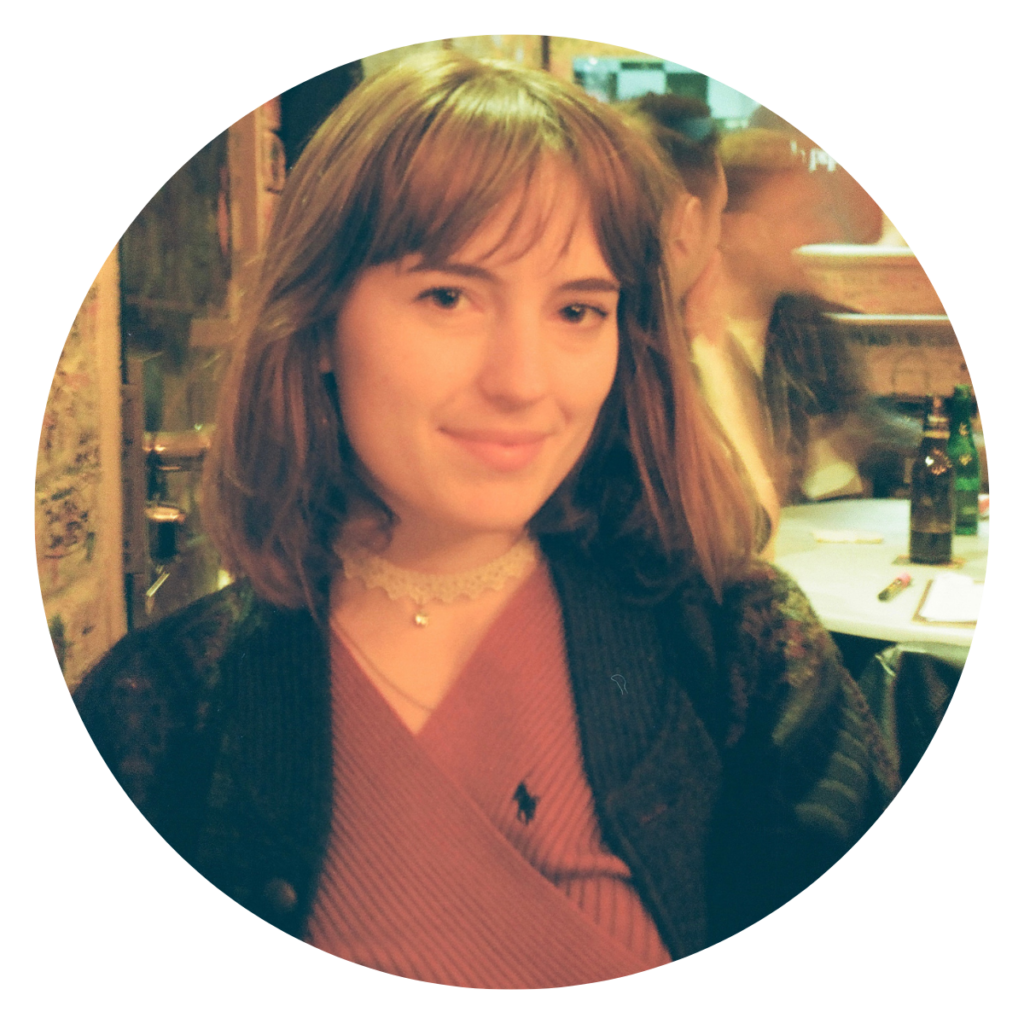

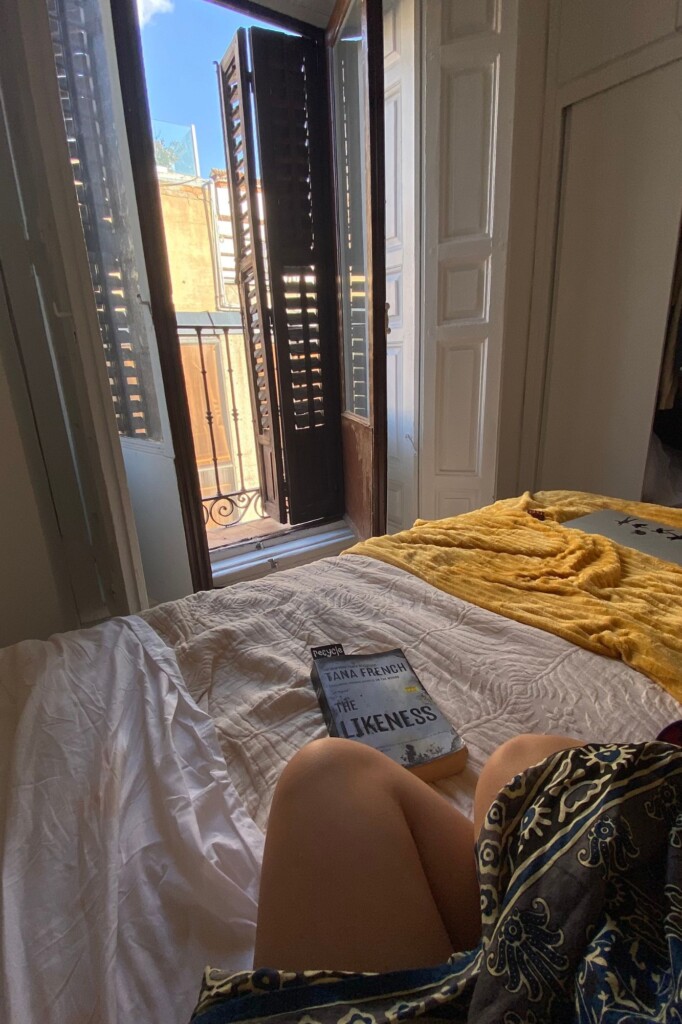
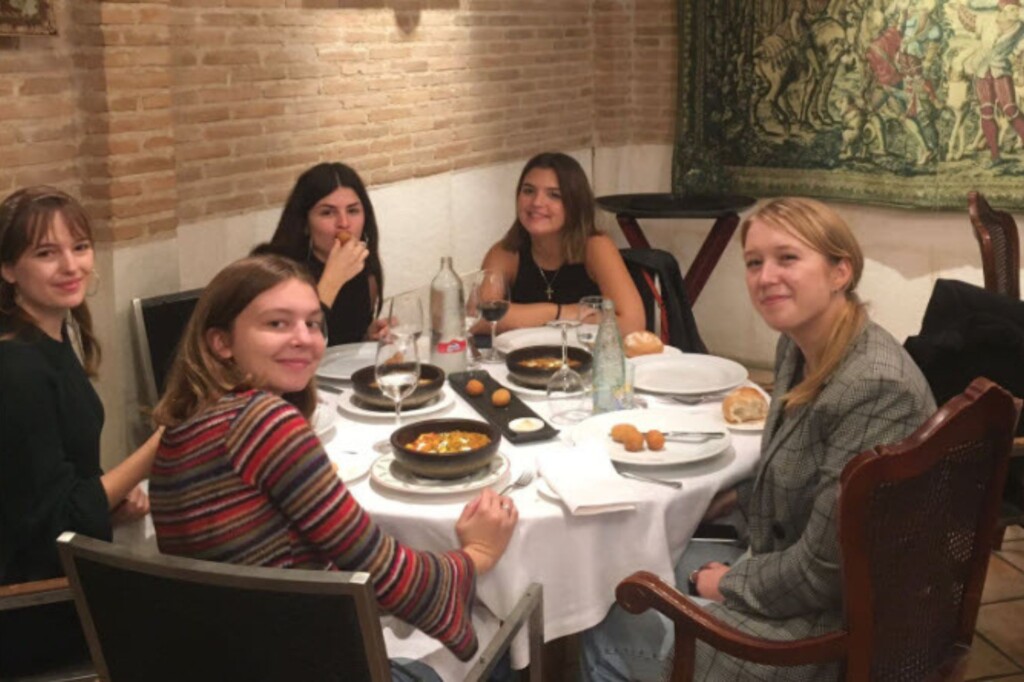
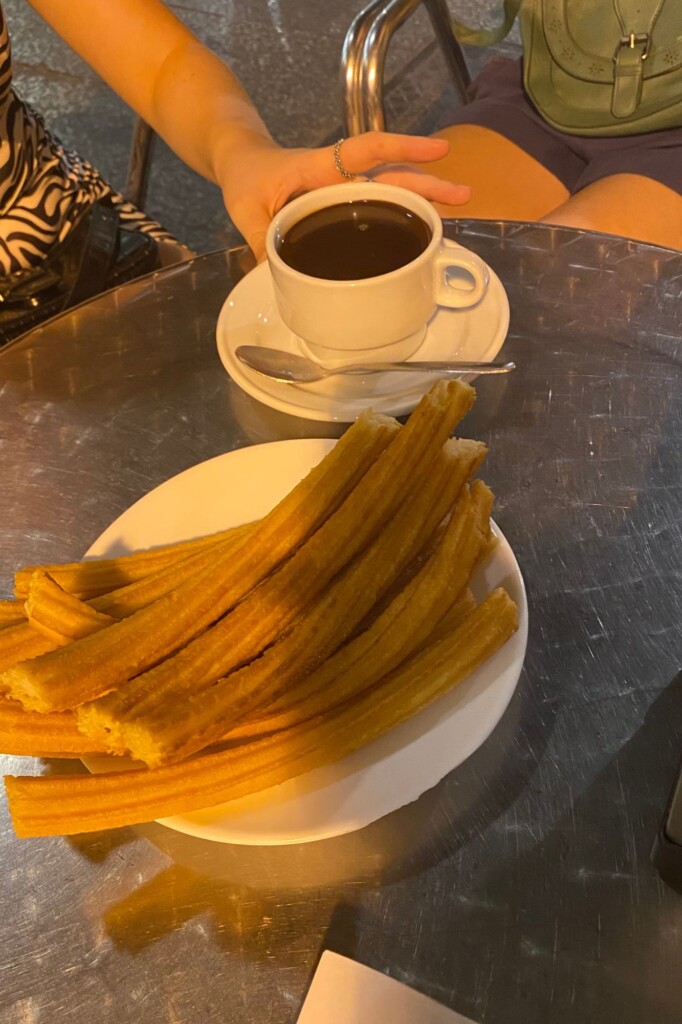
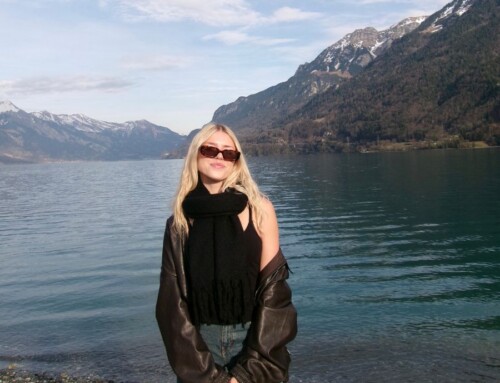
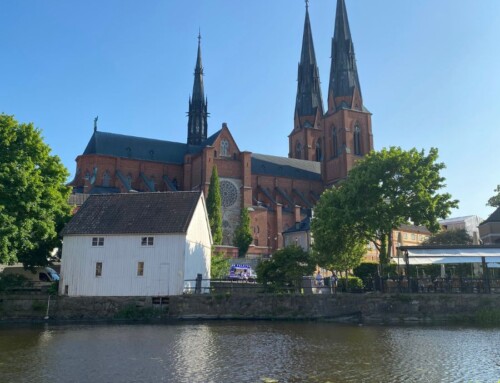

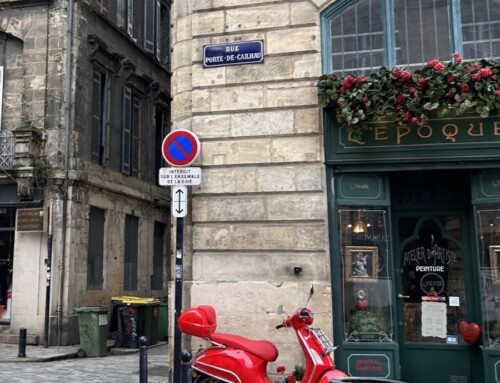

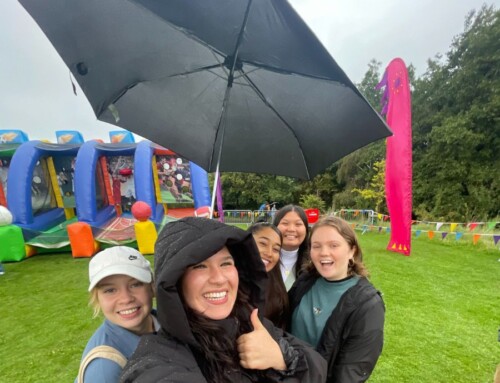
Leave A Comment